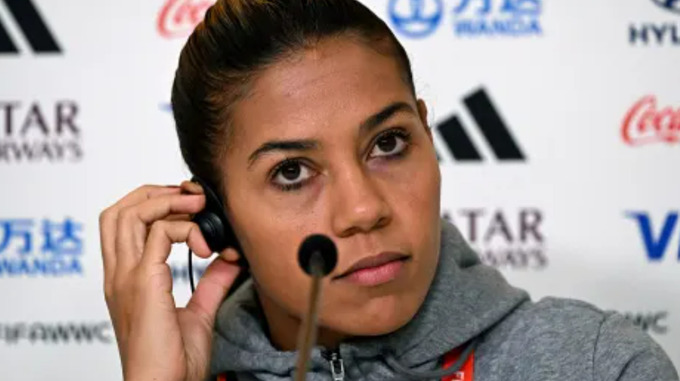We use cookies to help you navigate efficiently and perform certain functions. You will find detailed information about all cookies under each consent category below.
The cookies that are categorized as "Necessary" are stored on your browser as they are essential for enabling the basic functionalities of the site. ...
Necessary cookies are required to enable the basic features of this site, such as providing secure log-in or adjusting your consent preferences. These cookies do not store any personally identifiable data.
Functional cookies help perform certain functionalities like sharing the content of the website on social media platforms, collecting feedback, and other third-party features.
Analytical cookies are used to understand how visitors interact with the website. These cookies help provide information on metrics such as the number of visitors, bounce rate, traffic source, etc.
Performance cookies are used to understand and analyze the key performance indexes of the website which helps in delivering a better user experience for the visitors.
Advertisement cookies are used to provide visitors with customized advertisements based on the pages you visited previously and to analyze the effectiveness of the ad campaigns.

As the Moroccan women's national team competes in the first World Cup finals in its history, a controversy arose during a press conference. A BBC journalist asked captain Ghizlane Chebbak if there were any homosexual women on the team. The British media has since apologized.
A question, a controversy and an apology. Heavily beaten by Germany in their first-ever World Cup finals match (6-0), the Moroccan team must digest the harsh scoreline before looking ahead to the next game. But before that, a controversy arose at the pre-match press conference, with a question that embarrassed coach Reynald Pedros and team captain Ghizlane Chebbak.
At the microphone, a BBC journalist was keen to quiz the Atlas Lionesses midfielder on the issue of homosexuals in Morocco. "In Morocco, it is illegal to have a homosexual relationship," he began, before continuing, "Do you have any homosexual players in the team and what are their lives like in Morocco?". No sooner had the question been asked than the journalist was taken back by FIFA's media officer because of the "very political" nature of the question. He was told that no answer would be given and that he should stick to "sporting issues".
Not to the journalist's liking, he insisted: "It's not political, please let her answer". To no avail. No further action was taken.
"An inappropriate question
Faced with the question, the Moroccan captain smiled, as did her coach, before continuing with the press conference, which was eventually cut short with the next question. But the matter did not end there, and the sequence was widely shared on the web, with many Moroccan fans, but not only, indignant at the question asked.In response to the outcry, the BBC apologized. "We recognize that the question was inappropriate. We had no intention of causing harm or distress," said a spokeswoman for the British media.For the time being, neither the Moroccan Football Federation nor FIFA have reacted.
The BBC have been forced to apologise after one of its reporter at the Women's World Cup asked the Moroccan football captain, Ghizlane Chebbak, 'how many gay players are in your squad'
Other pundits have taken to social media to call the comments ‘completely out of line’ pic.twitter.com/aGuLcJfl6k
— Metro (@MetroUK) July 25, 2023